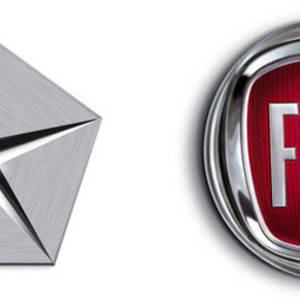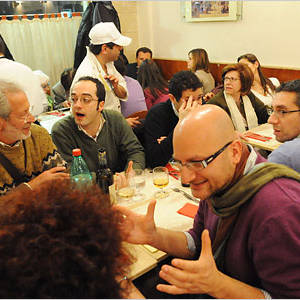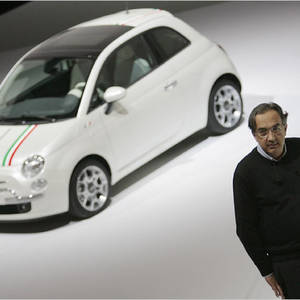Focus::Daily News
NEWSLINE

SAN FRANCISCO CHRONICLE. While businesses around the world are hunkering down for survival, the Italian mob is living a golden moment. Italy's various organized crime syndicates - often lumped together colloquially as Mafia Inc. - are gobbling up gas stations, muscling in on supermarket franchises, making loans to cash-starved businesses, taking over trattorias and acquiring buildings in swank neighborhoods in Rome and Milan, investigators say. These mobsters have lots of what is in short supply for many businesses these days - liquidity - as well as centuries-honed expertise in preying on the vulnerable, whose ranks are swelling in the financial crisis. (Read the Article)

FREEP. Italian automaker Fiat S.p.A. isn’t putting any cash into the alliance with Chrysler LLC – but if the deal falls apart or some other rescuer swoops in, Fiat will get $35 million from Chrysler.
While such breakup fees are common any time one company purchases another, Chrysler’s rescue by the Obama administration through bankruptcy court is anything but common. Chrysler’s attorneys have asked U.S. Bankruptcy Judge Arthur Gonzalez to approve the fee as part of the sale process, a motion the judge will begin considering later this afternoon.
Chrysler said the fee was necessary for Fiat to take part in the deal. (Read the Article)

THE REGISTER. Mafia-busting Italian magistrates have launched a major investigation into crooked windfarm projects in Sicily, according to reports. It is suggested that large sums in government support have been collected for wind power stations which in many cases produce no electricity. The Financial Times reported on the green energy scandals in Sicily over the weekend. Italy has a very strong system of incentives for wind power, in which guaranteed prices of €180 ($240, £160) per kilowatt-hour are offered to producers. A normal European retail price for electricity is in the region of 10p. (Read the Article)

The Wall Street Journal. Fiat SpA Chief Executive Sergio Marchionne is expected to meet senior German government officials in Berlin on Monday, according to people familiar with the matter, in an attempt to get their support for a potential alliance between the Italian auto maker and General Motors Corp.'s German unit Opel. (Read the article)

Corriere della Sera. Controversy surrounds the by-law passed by the Lombardy regional council last Tuesday to impose restrictions on retail businesses involved in the direct sale of foodstuffs, such as kebab shops, pastry shops, ice cream shops, rotisseries, takeaway pizza shops and delicatessens in general. (Read the article)

The New York Times. THE Italian port city of Naples might be knee-high in trash. And, sure, it has had its share of negative press, from bloody Mafia wars to political corruption. But there’s real vibrancy, and even a little beauty, in all that chaos. (Read the article by Jill Santopietro)

The New York Times. Fiat quietly ended its effort to market cars in the United States a quarter-century ago when the last of its vehicles to carry the Fiat nameplate, the 1983 Brava sedan, drove off a dealer lot. They had stylish exteriors and responsive handling, but Fiats were notoriously unreliable. (Read the article by Nelson D. Schwartz)

The New York Times. Less than a week after writing an open letter criticizing her husband for cavorting with much younger women, the wife of Prime Minister Silvio Berlusconi said she wants to file for divorce. (Read the article by Rachel Donadio)

BBC. The wife of Italian Prime Minister Silvio Berlusconi has confirmed that she will file for divorce. Veronica Lario reportedly said she could not be with a man who "consorted with minors" after her husband attended a female friend's 18th birthday party. (Read the article)

LOS ANGELES TIMES. Italian writer-director Paolo Sorrentino is one of those filmmakers who seem more comfortable letting their movies do the talking for them. For years, the Italian writer-director had wanted to make 'Il Divo,' a movie about a powerful Italian politician. (Read the article by Susan King)





























